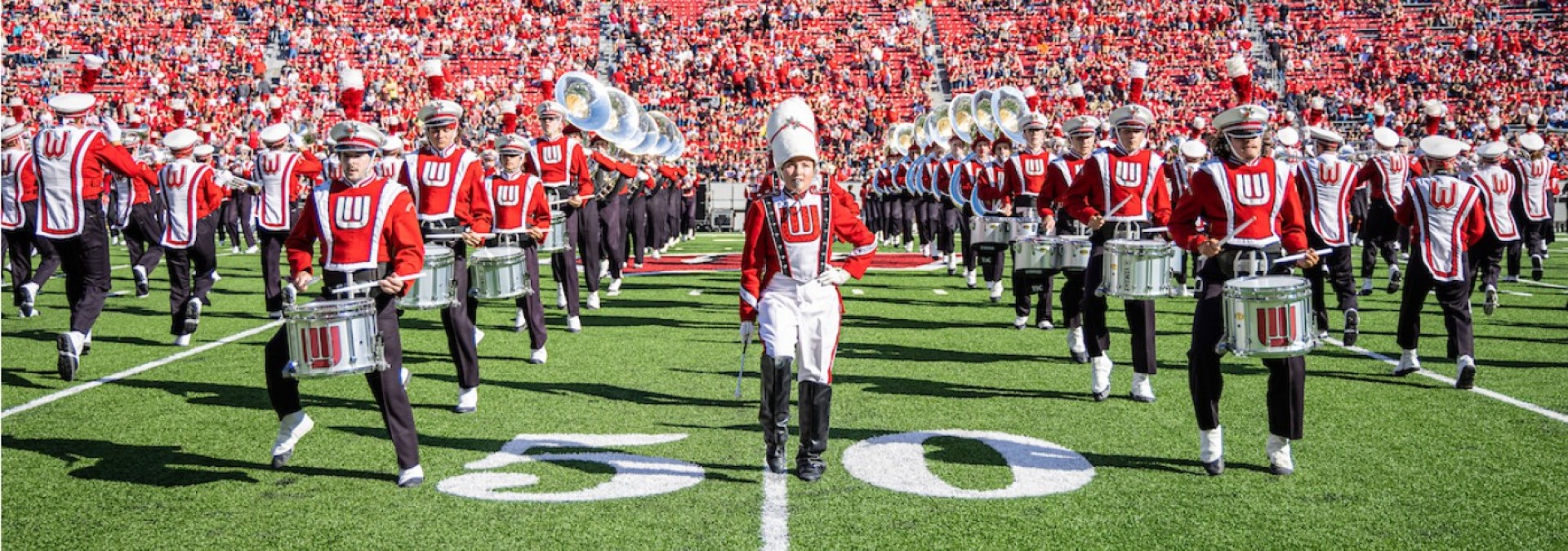If you’re serious about pursuing music in college, your private lessons could be more important than you think. Not only do they help you grow as a musician, but they might also give you a real edge when it comes to college acceptance and scholarships. In fact, 67% of colleges say they consider private instruction when reviewing applications for music programs.
So how exactly do private lessons help you stand out — and are they really worth the investment? Let’s break it down.
What Are Private Music Lessons?
Private music lessons are one-on-one sessions with a professional musician or teacher. These focused lessons go beyond what you get in a school ensemble or group class. You receive personalized feedback, help with tricky passages, guidance on selecting the right repertoire, and preparation for everything from recitals to auditions.
Think of them as your own personal coach — someone who knows your strengths, hears your progress every week, and helps you level up faster.
Why They Matter in College Admissions
When you audition for a college music program, you're not just being judged on how well you can play. Admissions officers are also looking at:
- Your musical growth and potential
- Your commitment to improvement
- Your ability to perform under pressure
- Your interpretation and musicality
Private lessons help you hit all those marks. In fact, a survey by the National Association for College Admission Counseling (NACAC) found that 67% of colleges and universities consider private instruction when evaluating music applicants. That’s because regular lessons often indicate discipline, passion, and higher-level preparation.
How They Help You Win Scholarships
Music scholarships aren’t just about talent — they’re about how prepared and polished you are.
Private instructors:
- Help you choose repertoire that showcases your best skills
- Give critical feedback to refine your performance
- Help you prepare mentally and emotionally for auditions
- Provide strong recommendation letters that speak to your work ethic and growth
Many scholarship committees — including prestigious ones like the Sphinx Competition for young Black and Latinx classical musicians — specifically consider your history with private lessons and input from your teacher.
Real Talk: Are They Worth It?
Private lessons are an investment — but for many students, they open doors that wouldn’t be possible otherwise.
Here’s what private lessons offer that group classes usually can’t:
- Focused attention on your individual playing
- Fast, noticeable improvement
- Help navigating the audition process
- A mentor who knows what colleges and scholarships are looking for
One student put it this way:
"Without my private lessons, I wouldn’t have known what to prepare or how to make it stand out. My teacher walked me through every part of the audition. That’s how I got into my top choice — and got a $15,000 music scholarship."
What You Can Do Now
If you’re a high school student thinking about a music major, here are a few next steps:
- Talk to your current music teacher about finding a private instructor
- Ask if you can record lessons to track your progress and practice smarter
- Build an audition setlist with help from a teacher who knows what works
- Ask your instructor if they’ll write you a letter of recommendation
- Search for scholarships that ask for private teacher input — you’ll be ready
Final Thoughts
Private lessons do more than help you play better — they help you prepare smarter. For students planning to major in music or audition for scholarships, they provide structure, expert feedback, and the chance to grow under the guidance of a mentor who understands the path ahead.
Admissions officers and scholarship committees take note of students who go the extra mile. Private lessons send a clear message: you're serious, you're prepared, and you’re committed to excellence.
In the end, investing in private instruction isn’t just about the next performance — it’s about opening doors to your future in music.


.png) ARTICLE GLOSSARY
ARTICLE GLOSSARY

.png)
.png)


.jpg)
.jpg)

.jpg)

.png)



.jpg)
.png)










.jpg)



.jpg)
.jpg)
.jpg)
.jpg)
.jpg)

.png)
.png)

